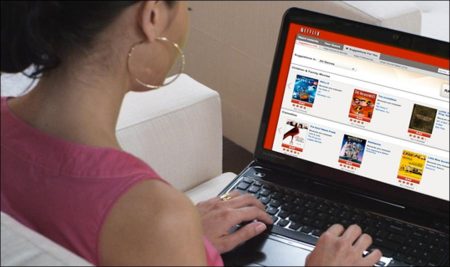In the past, personality tests were applied for job applications. Nowadays, many big companies just want you to write your social media accounts. Even for visa applications, you are now asked to specify your social media accounts. There are algorithms that you can learn from your shares and digital traces that you don’t even know about yourself.
One of them is an algorithm developed by the University of Maryland computer scientist Jenn Golbeck. Are you angry or fit for teamwork? Are you introverted or outgoing? What is your sexual identity? Are you lazy or planned? What is your possible health status? Are you able to marry a long-term marriage or divorce in a short time?
“In many cases we not only learn about your current situation, but we can also get an idea of what you are not yet aware of but that will become true about you in the future, Gol says Golbeck. And there’s no way we can control what these algorithms can learn about us. Because these algorithms often do not move from the direction you say clearly, details, words you use, even your friends in social media can reach enough statistical information to notice your personality traits.
Jenn Golbeck did this for research purposes, but many companies or institutions are currently developing algorithms for similar purposes. He says that when he thinks of the possible uses of the algorithm he developed, he scares himself like a black utopia. ‘For example, someone might lose their job, not because they made a mistake, but because the algorithm would say it wasn’t reliable.’ It can be used for much more cruel purposes in authoritarian state and closed societies.
I can ruin the lives of many people with information that this artificial intelligence can only get by navigating a little on your online profile. ’Golbeck says that the good scientists working in the Manhattan Project that will give birth to the atomic bomb live the mood; Şey What I manufacture may not destroy a city, but it can ruin a city full of people. That scares me a lot. We cannot go back from this technological process. Therefore, we should consider the effect of these algorithms and take social and legal measures in advance. ’
Leaving a virtual legacy to grandchildrens
Adam Ostrow, director of the Internet media website, Mashable, points out that 75 percent of the human population on Earth is a social media user, and the only thing in common with these billions is that we will all die one day. But in the physical world. The archive we left in the virtual world will survive. What do you know about your grandparents.
Maybe a few black and white pictures, a few souvenirs hiding in the crates… What do you know about the part of your parents’ lives that you haven’t witnessed? Information reflected from an album of several hundred paper photographs, some of which began to turn yellow. Your children will experience a first in human history: they will be able to witness the whole life of their parents. YouTube is currently uploading 48 hours of video every minute. 200 million Tweets are sent every day. Each Facebook user shares an average of 90 posts per month.
Many technology companies are already implementing projects on our personal digital heritage. For example, Gmail will give you the entire e-mail date on a CD if the deceased’s relatives verify their credentials. Facebook gives users the option to keep their pages open as a virtual cemetery when they die. In other words, our digital personality will continue to interact with real life even after the end of our physical life. Ostrow reminds me of a much more startling possibility.
MIT media laboratories are developing robots that can interact like humans. Well, these robots can even be developed as the opponents of a particular person based on the enormous information he uploads to the Internet throughout his life. Now imagine it; Even after decades, your grandchildren will look at your social media posts. What kind of grandfather, how would you like to see a grandmother? Are you aware that you are currently building your identity on all your shares?
Visits: 70



